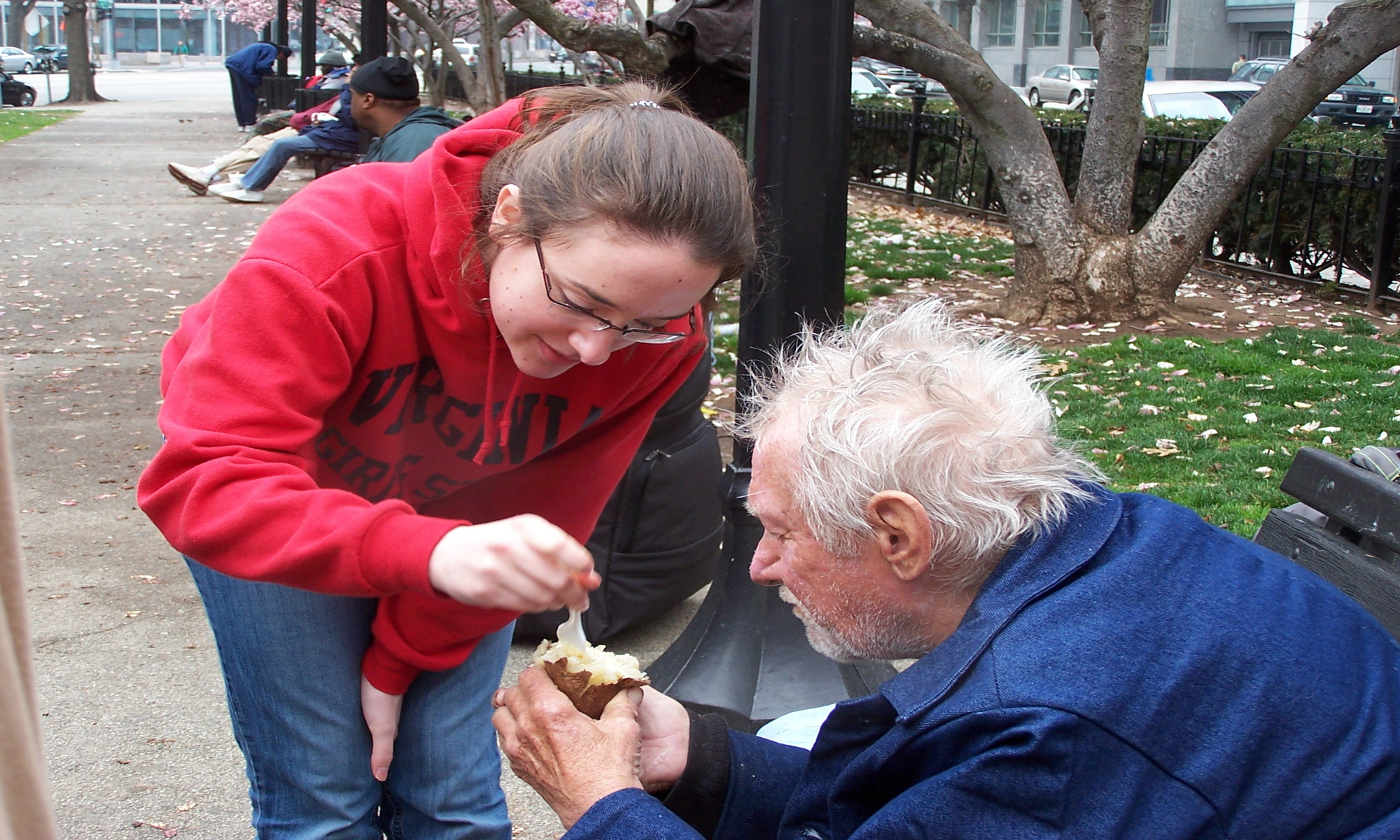Part 1 of a series of blogs on Messy Ministry
A well-heeled congregation began an outreach to a low income neighborhood. They started a food pantry and began meeting other physical needs for that community. They started well. Working with two local churches they were able to provide things that were truly needed instead of just guessing. Their assistance provides families enough food to get through the month, and if they do nothing else, they are making a difference.
I was talking with a leader in the church about whether they planned to expand their involvement in that low income community. Do they have any plans to get involved with people on a personal level? The answer was a “Yes, but…”
“Yes, but we’re not sure which way to go. There is no infrastructure for more involved ministry.”
The answer struck me as odd, but I didn’t have a response to it during the meeting. As I drove home I pondered that phrase, “no infrastructure”. What kind of infrastructure does it take to get to know people? The first step in relational ministry is to get to know the people you are serving. Address their perceived needs. Don’t assume you know what they’re hungry for.
Is there a place where people hang out in that community? A park or playground? If so, you have the infrastructure you need to get started. Take a cooler of cold drinks there on a warm day and hang out with them. Make friends. That’s a great start.
The church in ministry works with two churches in the community. Do those churches have sanctuaries, parking lots or lawns? If so, you have the infrastructure you need to get started. If there are no options with the local churches, is there a vacant lot in the neighborhood or a parking lot for a business you can use on a Saturday or Sunday afternoon? If so, you have the infrastructure you need to get started.
Begin with a community gathering. A block party is a great way to open doors. To register for a door prize, a person has to fill out a survey. From that survey and the conversations you have with people, you can assess where to move next in ministry.
Transformational ministry doesn’t need great infrastructure. It needs people who are willing to make unlikely friends. It needs people who are willing to spend time with other people. It needs people who are willing to risk broken hearts and disappointments in order to experience the shared joy of transformed lives. It needs people who are willing to be transformed themselves.
God’s grace to you,
Steve Jennings, Executive Director
